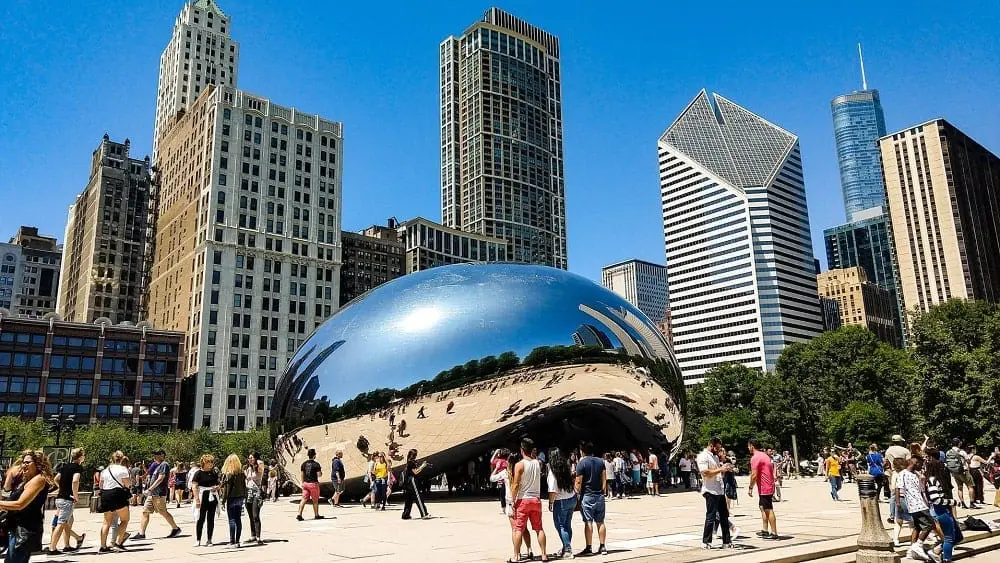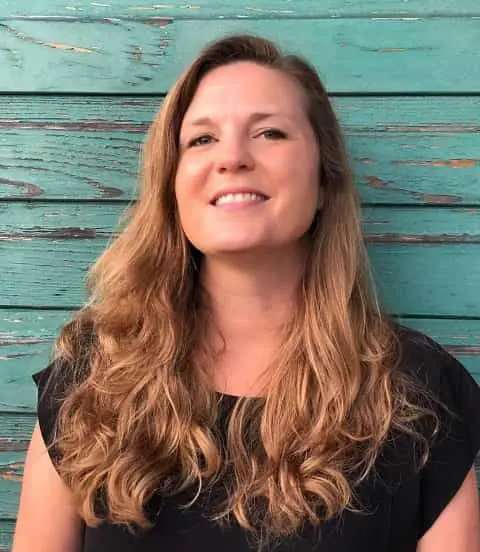
When searching for a new home, it’s important to clarify your wants and needs for both your house and neighborhood. When you figure this out, shop for those qualities.
If your ideal location is a mixed block of shops, bars, restaurants and residences, you belong in a very urban area. But what should you take into account when looking for a new home, condo or townhome downtown?
Here are nine things to consider when reviewing home listings in urban neighborhoods:
1. Is the Neighborhood Safe?
Location is everything when it comes to picking out your future home. Agent Wendy Arriz of Warburg Realty in Manhattan recommends checking out the police and crime reports in the area to gauge neighborhood safety. There are other clues too – active neighborhood associations and block watches signal a tight-knit community that looks out for one another.
2. Is There Enough Parking?
When you live in the heart of the city, parking can be a struggle. Check to see if your place includes a dedicated parking spot or if one can be purchased. Are there nearby garages and ample street parking for guests?
3. How Accessible are Amenities and Public Transportation?
Closely tied to parking is the level of access to amenities and public transport. While you’re getting jazzed about the brewery around the corner and your cute new morning latte stop, don’t forget to check for practical amenities too.
What shops, schools, grocery stores, and parks are easily accessible from your new location? Where is the nearest post office? Are there nearby bus stops, subway lines or trams? Homes near high-frequency public transport are in high demand and also command value.
4. What’s the Area Like During the Daytime and Nighttime?
Another Warburg Realty agent, Allison Chiaramonte, urges clients to visit their potential new block outside the standard 10-5 PM. An early morning or nighttime visit will reveal the truth about noise levels, and could uncover unforeseen issues. Whether it’s a noisy restaurant or trucks making early morning deliveries outside your window, it’s better to know before you sign a deal.
5. How Does the Home Measure Up, Literally?
Chiaramonte also points out that with new constructions such as a condo or townhome, listed square footages may include parts of common space such as stairwells and hallways. This form of measurement may encompass anywhere from 200–400 square feet, so if the space feels smaller than what you were expecting, this could be the culprit. Just be prepared and you’ll be less likely to be disappointed.
6. Will You Be Surrounded by New Construction and Growth?
Urban neighborhoods are always changing. Do some research to determine whether your potential new hood is up-and-coming or in decline. Check the quality of the schools, what types of businesses are opening up, and look into the building plans for the area. New construction can affect everything from your property taxes, your home’s value, and even your views.
7. How Pricey are HOW Fees and Requirements?
When you buy a new condo or townhouse, you could be buying into a community with an obligatory homeowners’ association (HOA) fee. Be sure to ask about the potential monthly HOA fees and what they cover. You can also look into the history to see how fees have risen over the years, what they’ve been spent on, and any other important clauses that affect how you can use your space.
8. How Would the Location Impact Your Commute?
Is living in the city putting you closer to work or farther? Is your route to work walkable, bikeable, or reachable by bus? If you have to take your car, how long is the commute and what is the traffic like in your area of the city? Studies show that a long or stressful commute can have a very real (negative) effect on your sanity and overall happiness.
9. What’s the Neighborhood Ratio of Renters to Owners?
If you value a neighborly community, check the neighborhood’s renter-to-ownership-ratio. Typically, renters are more mobile than homeowners. Longtime residents tend to make friends, watch out for one another, and invest in their homes. You can get a sense about the renter-owner balance by asking agents and locals.

Rebecca Rosenberg is a freelance copywriter, digital media strategist and world traveler. After working in marketing for some of Austin’s most beloved brands, Rebecca started her own business and left Texas behind to travel the world. You can find her currently bumming around Europe. Often flying solo, she has visited over 35 countries and lived abroad in four. In addition to being a digital nomad, Rebecca is an avid hiker, design enthusiast and certified plant nerd. She speaks English, Spanish, German and Korean.
 Hot Bathroom Trends to Create Your Own Private Sanctuary
Hot Bathroom Trends to Create Your Own Private Sanctuary